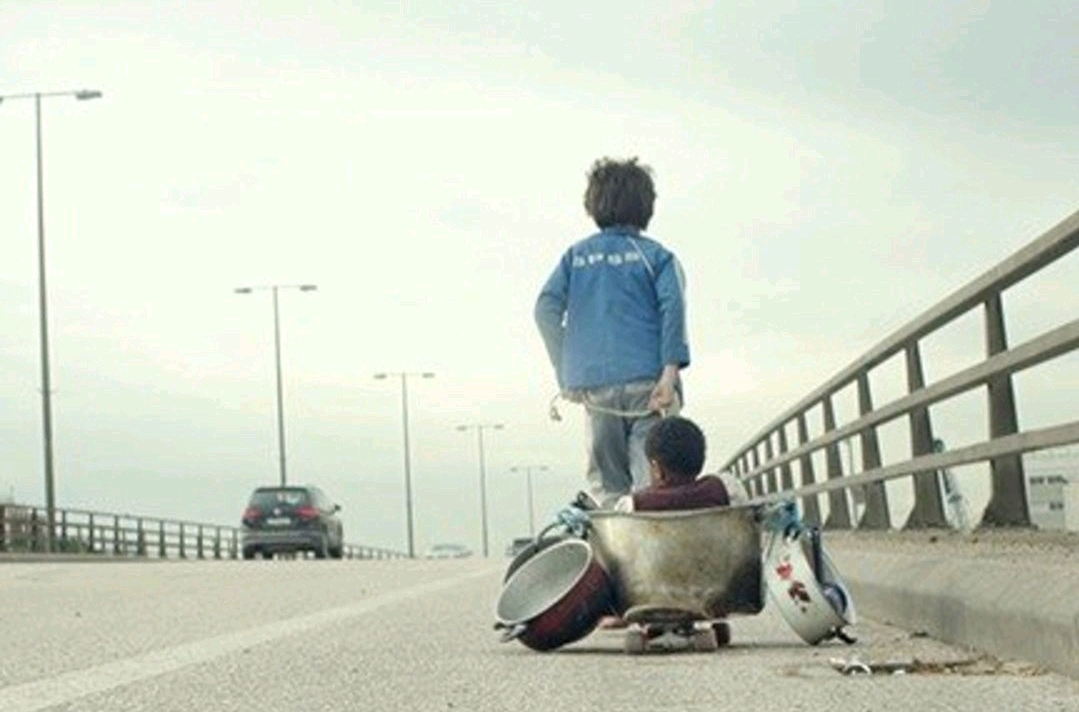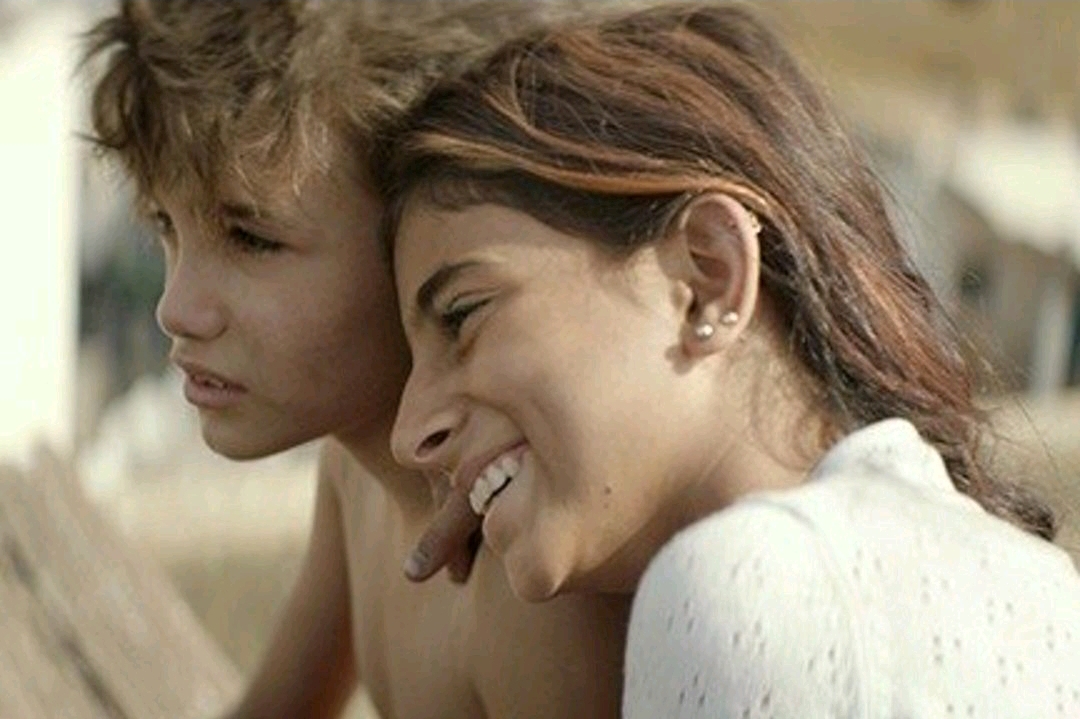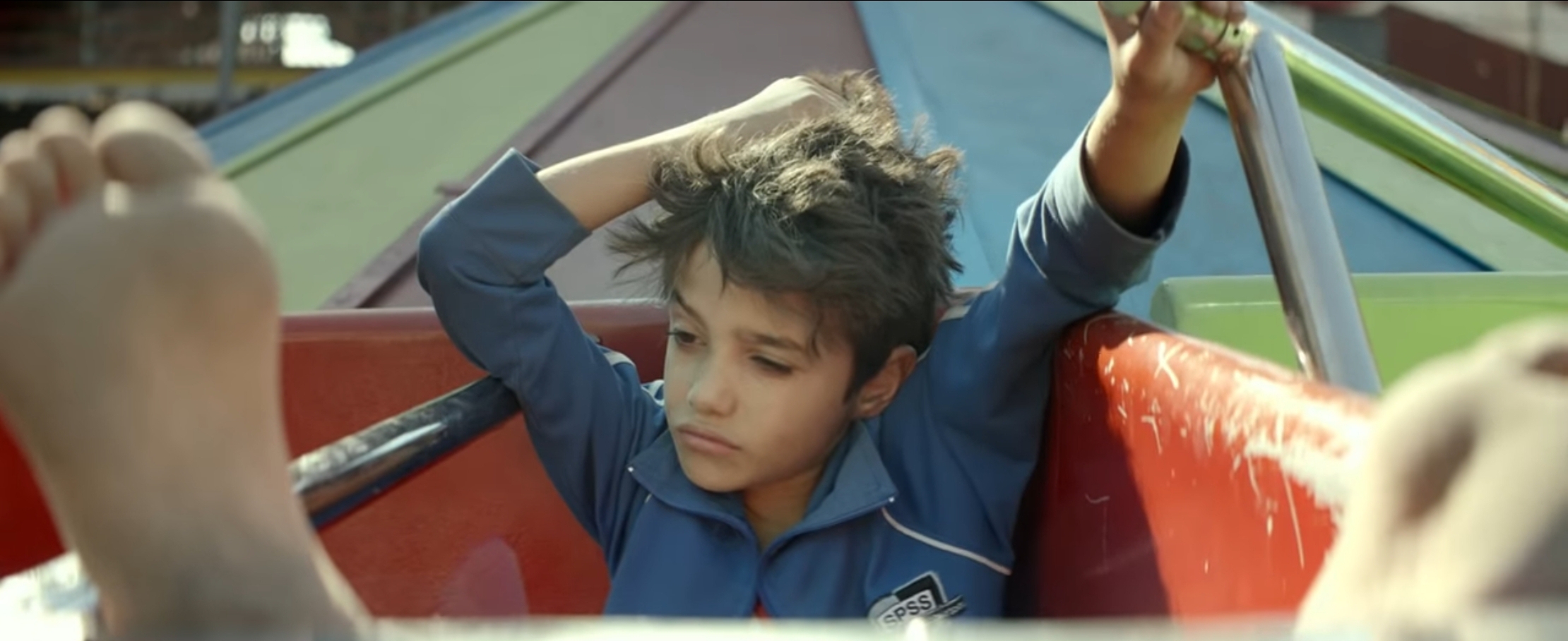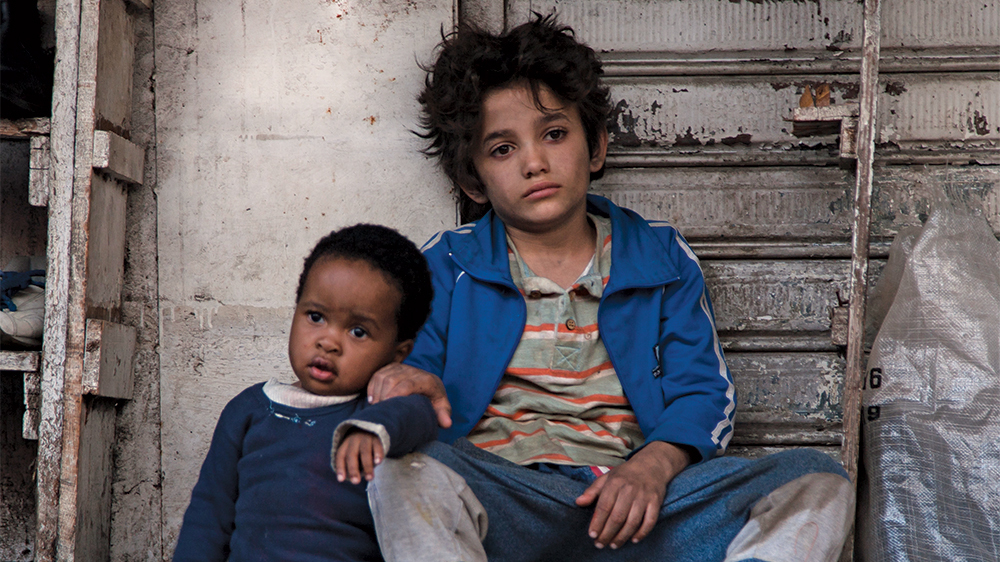Summary
In the end, Capernaum may be hard to watch for some, easy to admire for many, but Labacki’s sad and tender film has the devastating power of a wrecking ball that can’t be denied, that leaves an indomitable mark that can’t be shaken, with staggering impact.
Capernaum refers to a fishing village of about 1,500 residents, near the northern shores of the Sea of Galilee, during the time of Hasmoneans, where Jesus made his home during the years of his ministry. When it was all said and done, this was one of only three cities cursed by the man himself for their severe lack of faith. Not sure if you can blame the good people of Capernaum; I mean, it must be all downhill once you leave Nazareth. Some might say it’s like moving from Los Angeles to Venice Beach. So, when watching Nadine Labaki’s (Caramel) film, you may think he had a point, the town is chock-full of shadowy types still performing outdated rituals and practices that are indelible to family bloodlines; it must look and feel like an insurmountable mess that will never be able to be put back together whole.
That’s the feeling I had when watching the young protagonist Zain (Zain Al Rafeea, in his film debut) fight his way out of the slums of Beirut to find a better life for himself and leaving the atrocities of things we let people do to children behind. Rafeea is a real find here, even if they say most child performances are products of good editing. His character has more self-esteem than any small child I’ve ever seen in a film. He is cocky and confident, bordering on arrogance, frankly. Though, he must be domineering and even pushy because he must protect himself and his sister from the child predators who line the streets of Beirut looking to profit off them.

Zain is ambitious, wants to go to school, but has the kind of outside-the-box thinking in selling beet juice at a stand while claiming they taste better than booze and selling saltwater as tramadol to drunks and drugs addicts at night. His mind has matured more than most, growing stronger than his young frame. He is devoted to his siblings, but most of all to his sister Shara, who has just blossomed into womanhood.
Zain knows has been getting the wrong kind of attention from teenage boys and full-grown adult men. Zain then attempts to break them out from under the wing of their neglectful parents, later meeting a young mother named Rahil with a young child named Yonas (who may be the cutest toddler I’ve ever seen), who works several odd jobs cleaning various establishments to buy fake documentation, so she can stay in town and not be sent back to Ethiopia.

Once you get past the first very raw 30 minutes, the shock wears off, and it amounts to a road trip picture that is skillfully placed in-between scenes of Zain at a courthouse for committing a crime no child should be a part of. Think Nelson Algren’s classic A Walk on the Wild Side, but a Texas-drifter named Dove is now replaced by a 12-year old boy named Zain, and the 1930’s French quarter is repaved as the seedy streets of Beirut. Rafeea carries the film in the same way Sunny Pawar did in Lion, except Rafeea’s journey is less optimistic, less hopeful, and has a bleaker outlook because you don’t know his journey will end.
The other performance in the film that should be talked about is Yordanos Shiferaw as Rahil, the young mother of Yonas, who takes Zain in when she sees him playing in an empty carnival while cleaning. It’s a stirring performance, as she struggles to find a way to stay in a country to provide for her young son, doing whatever she can to afford illegal documentation. You feel the fear and deep surrounding her, which is summed up in one single powerful scene that has never been done before and is quite overwhelming.
Labaki’s film is undeniably heavy but has been pegged, unfairly in my opinion, as being manipulative, which may come as a byproduct of any film that deals with a storyline about children being peddled or bartered for goods and services. The reality is this happens in parts of the world, and as uncomfortable as it is to think about, it just doesn’t happen in third-world countries in the Middle East (look at the story on New England Patriots owner Robert Kraft this week, who was arrested in a Florida strip mall in a sex trafficking ring.

According to Shared Hope International, most don’t realize that the average women who enter these “rings” have no idea it is happening, are held against their will, and are usually between the ages of 14-16 years old). The title is never uttered once during the film, but the hopelessness it captures feels so authentic, so real. There were times I thought I was watching a documentary, and I myself had lost faith there would be a future for the hero at the end of his journey. Through the dark times, hopelessness and despair are well-placed moments of life brimming with optimism and humor that only children can find in a world that treats them like trading cards, and that makes your heart swell because of it.
In the end, Capernaum may be hard to watch for some, easy to admire for many, but Labacki’s sad and tender film has the devastating power of a wrecking ball that can’t be denied, and that leaves an indomitable mark that can’t be shaken.



